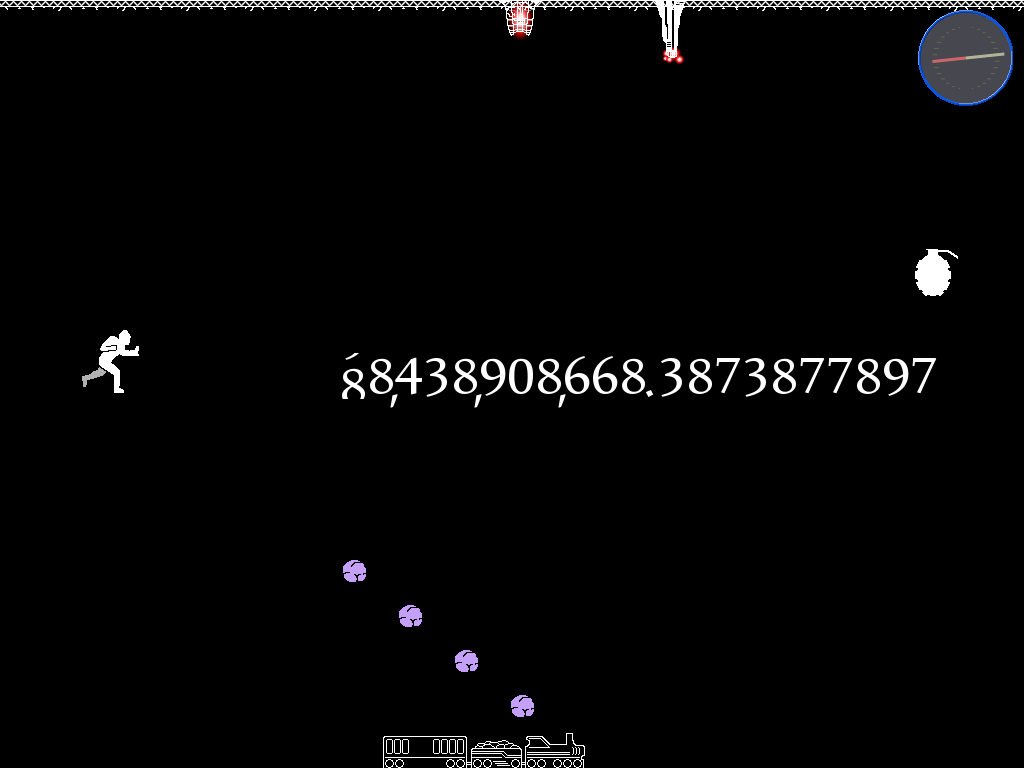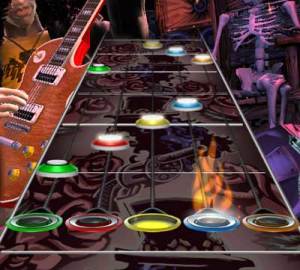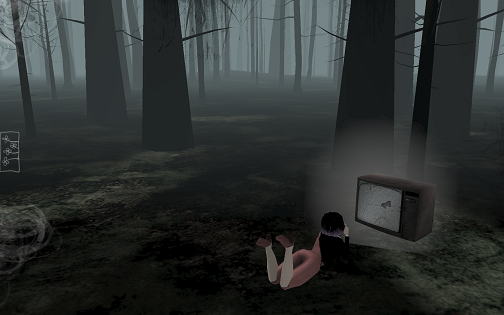The Save/Reload Tango: Destroyer of PC Game Fun
2009, October 28th 2:21 PMI picked up a few neat games on Steam, and naturally that led to me picking up more neat games on Steam, and someone suggested I try out Dawn of War and that led to me grabbing a pack of like fifteen games including several I'd always meant to play and long story short I just tried out Stalker: Shadow of Chernobyl.
Stalker is a game about a man in the wastes of radioactive Chernobyl who has lost his memory. He wakes up with very few possessions to his name – a leather jacket, a pistol, a knife, and a seemingly Godlike ability to rewind the flow of time.
The developers didn't really intend that last one. But when they put in the ability to save and reload anywhere, that's pretty much what they ended up with.
But oh boy howdy is he a lucky man! Because, see, the wastes of Chernobyl are deadly indeed. For one thing, they're vastly radioactive, and a few steps in an unfortunate direction can pretty much instantly kill you. They're infested with mutant wildlife which possesses the ability to leap out of bushes and also pretty much instantly kill you. And if the wildlife doesn't get you, the bandits might. The bandits are unlike the other menaces – at close range they actually do instantly kill you.
And then you hit "reload", only this time, you know where the bandits are.
Theory: Unlimited saving of your game is the worst thing that has ever been invented.
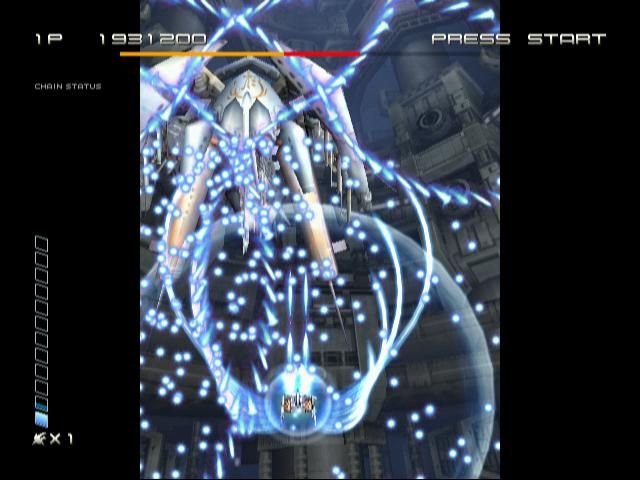
Alright. Not the worst. But it's well up there, and its grip on the PC gaming world is seemingly unshakable. Imagine the following series of events.
First, people start saving their game. Everywhere. Absolutely everywhere. Get out of a battle in good shape, save your game. Prepare to go into a battle, save your game. Run thirty seconds across the world, save your game. Take five steps, save your game.
Get out of a battle in bad shape, reload your game. After all, why cripple yourself? You'll do better next time. You can ace that battle. And you will ace that battle. And you'll ace the next one, too, with your excess of firepower. And the one after that. And then you'll go and complain on message boards that the game is too easy.
So what do the developers do?
Make the game harder.
And suddenly a new player can't beat the game without doing the tango. Every battle is instant death. Every mission has to be done twice – once to scout, once to win. Every enemy outpost is a neon gravemarker, with words engraved upon, reading "Here, Jakob, Son of Smyth, Reloaded his Game Twyce before Going The Othyr Way, since Somehow he was now Psychically Aware of the Enemys."
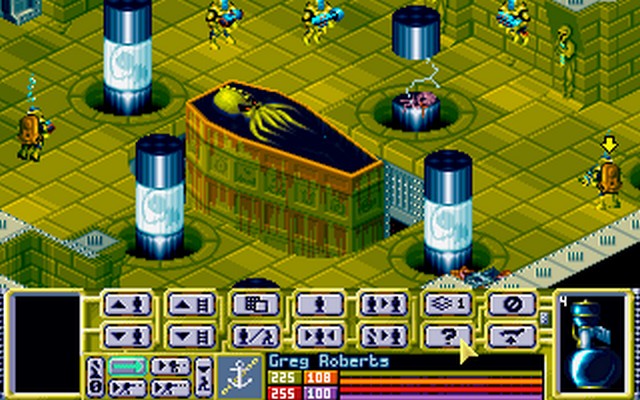
Does anyone enjoy this? Anyone, anywhere, ever?
And this is not a hard issue to solve! It's been solved! Halo did it. Ratchet and Clank did it. Much more recently, Brutal Legend did it. In none of these games is it possible to lose, and in none of these games is it possible to do the save/reload tango. Death is handled by resurrecting you at the last checkpoint or at the beginning of the current mission. "Reloading" is equivalent to "dying" in that it drops you back to the same spot. In R&C and Brutal you can always abort a mission, going back in time to just before you accepted it, and go do something else. You cannot fail – only try again – and thus there is no incentive to stepping your way through the game five perfect seconds at a time.
And I look at this simple elegant solution, and I cannot help but think: why is this not used for every game? Why are games still made where you are even permitted to save whenever you want? Why, when it is so vastly detrimental to game balance, when it is so positively and thoroughly inimical to actual fun?
What game mechanic does save-anywhere actually allow?
I still haven't come up with an answer to this.

